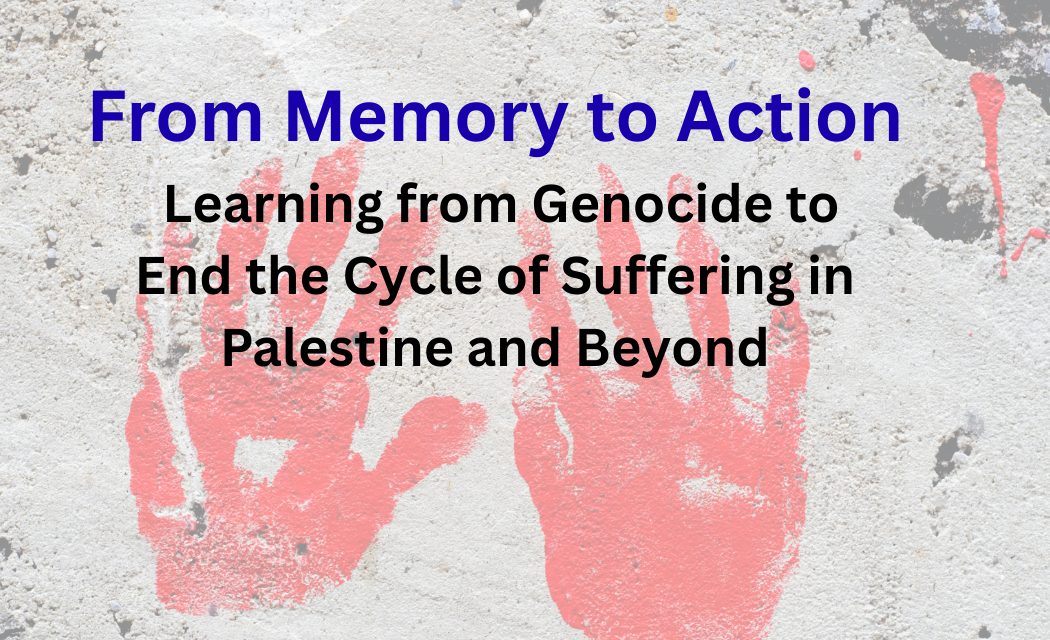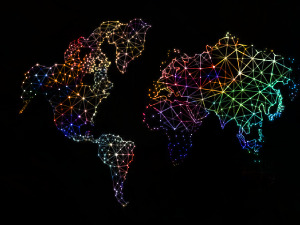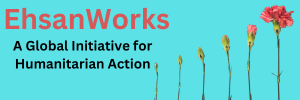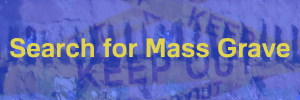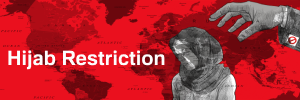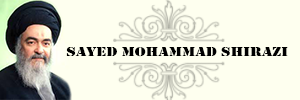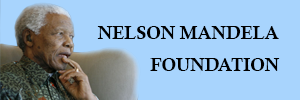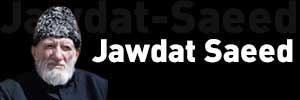From Memory to Action: Learning from Genocide to End the Cycle of Suffering in Palestine and Beyond
Director M0ujtaba Akhwand of the Freemuslim Association reminds us that history must never be confined to books and museums alone—it must guide humanity whenever tragedy repeats itself. While we cannot prevent every catastrophe, the power of memory lies in reducing suffering by recognizing patterns early, standing in solidarity with the oppressed, and demanding just policies from governments. The last 150 years are filled with painful lessons, where unchecked hatred and political manipulation created unimaginable destruction.
The Armenian Genocide of 1915–1918 saw between 800,000 and 1.5 million Armenians killed through mass executions, forced deportations, and starvation. The Cambodian Genocide under the Khmer Rouge from 1975 to 1979 claimed between 1.5 and 2 million lives through forced labor, executions, and famine. In Rwanda, the 1994 genocide left between 500,000 and 800,000 Tutsi massacred in only 100 days, with systematic rape of hundreds of thousands of women. The Holocaust, perhaps the most haunting genocide in modern memory, resulted in the murder of approximately six million Jews alongside millions of Romani, disabled people, and others targeted by Nazi ideology between 1941 and 1945. Today, the United States Holocaust Memorial Museum in Washington, D.C. documents this suffering with painstaking detail, but the world does not see the same urgency applied to reduce mass casualties and starvation in Gaza. It is deeply troubling that, despite having endured genocide themselves, Jewish communities globally are not rising in greater numbers to challenge the atrocities being carried out by the Israeli government against Palestinians. The memory of the Holocaust should serve as a moral compass, reminding us that “never again” must apply to all people. We call upon Jewish communities to stand against the policies of their government when those policies perpetuate cycles of suffering and starvation.
The ongoing tragedy in Gaza reflects genocidal tactics unfolding in real time. As of mid-2025, more than 60,000 Palestinians have been killed, including at least 18,000 children. United Nations agencies report that over 500,000 Palestinians face catastrophic hunger levels, with more than 650,000 children under five at acute risk of malnutrition. At least 119 children are confirmed dead from starvation or related causes, while famine conditions have taken the lives of men and women as well. Médecins Sans Frontières psychologist Scarlett Wong, who worked directly with children in Gaza, described the devastating scene of children “frozen, with no emotion and apathetic” as they succumbed to famine. Since May 2025, more than 1,000 Palestinians have been killed while attempting to obtain food aid. Amnesty International and human rights experts emphasize that starvation as a weapon is itself a form of genocidal violence.
Meanwhile, in Xinjiang, China’s Uighur Muslim minority continues to face systemic persecution. Reports document mass detention in camps, forced sterilizations, destruction of religious identity, and coerced labor. Legal analyses conclude that these measures meet the United Nations’ criteria for genocide. Though casualty numbers remain uncertain due to restricted access, the systematic assault on Uighur life and culture is undeniable.
Director Akhwand stresses that these tragedies must not be viewed as isolated episodes of history. Minorities must learn from one another’s past, extend solidarity across borders, and stand up for justice even when political alliances or economic interests make it inconvenient. In the United States and elsewhere, governments and corporations often control the narrative, particularly through social media, shaping public opinion to suit political agendas. Citizens must therefore take responsibility to seek truth beyond the headlines and demand policies that protect life and dignity. From Armenians to Cambodians, from Rwandans to Jews, from Uighurs to Palestinians, the message is clear: remembering history is not enough—we must transform memory into action. Only then can we break the cycle of genocide and honor the suffering of those whose lives were stolen.
⸻
References
• Armenian Genocide: Yale MacMillan Center, Genocide Studies Program.
• Cambodian Genocide: University of Minnesota, Center for Holocaust and Genocide Studies; UCLA demographic research.
• Rwandan Genocide: Human Rights Watch reports; UN International Criminal Tribunal for Rwanda.
• Holocaust: United States Holocaust Memorial Museum.
• Gaza Crisis: The Guardian, Associated Press, Reuters, Politico, Time, Amnesty International; Médecins Sans Frontières psychologist Scarlett Wong (SBS News).
• Uighur Genocide: Newlines Institute; Responsibility to Protect Asia Pacific Centre; Canopy Forum legal analysis.
